
Catch up on the top radiology content of the past week.
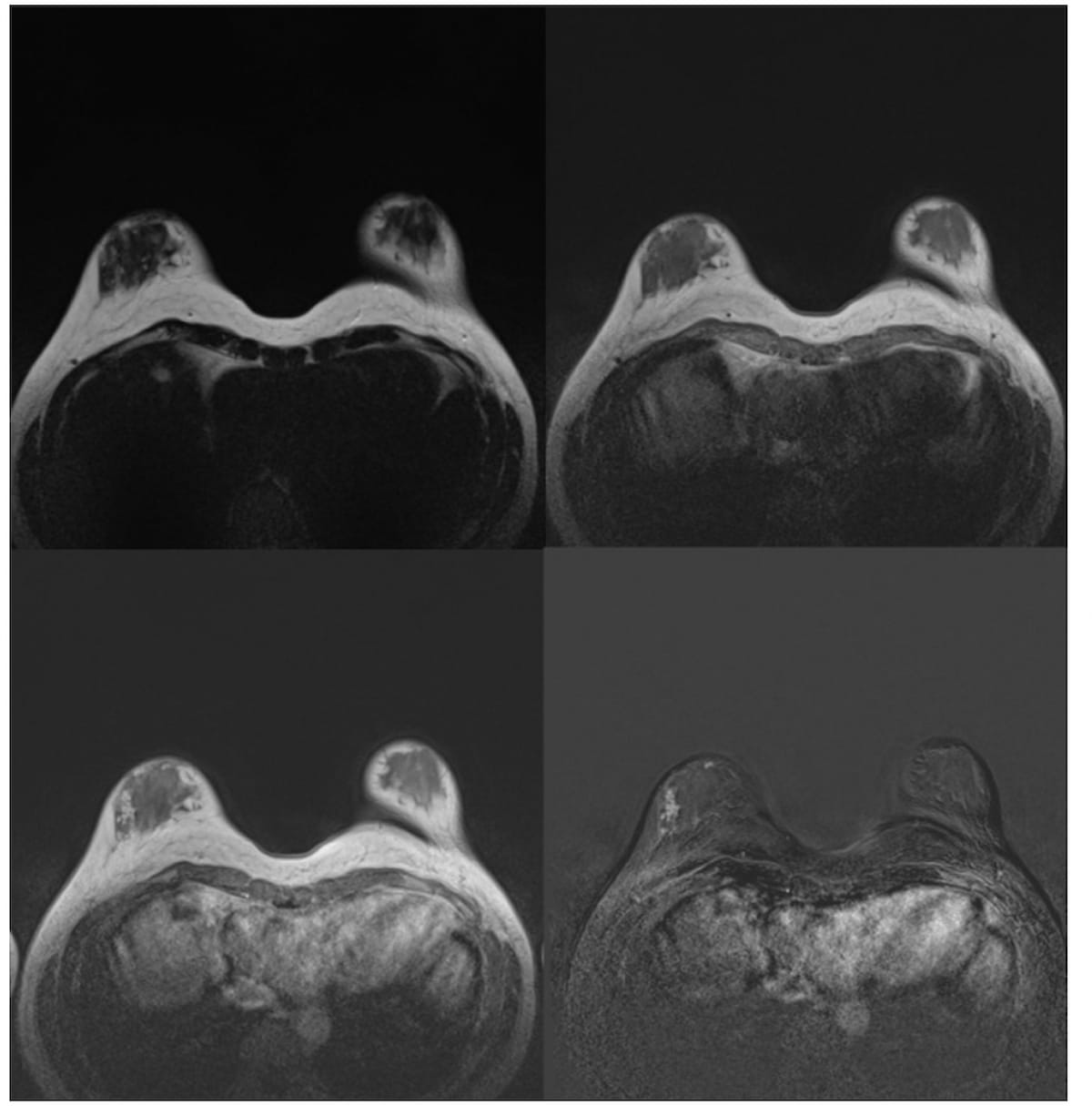

Catch up on the top radiology content of the past week.

Catch up on the top AI-related news and research in radiology over the past month.
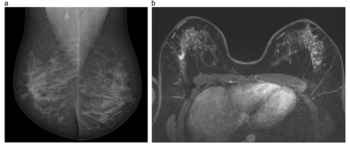
One of the recommendations from the European Society of Breast Imaging (EUSOBI) is annual breast MRI exams starting at 25 years of age for women deemed to be at high risk for breast cancer.

Catch up on the top radiology content of the past week.
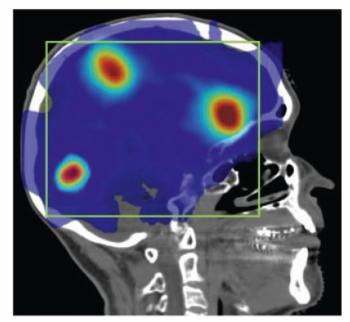
Examining current trends in brain cancer diagnostics, these authors discuss diagnostic imaging advances, pathways with adaptive radiotherapy and the ongoing quest to provide optimal precision with dosimetry.
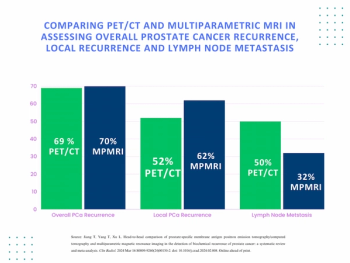
A recent meta-analysis found that multiparametric MRI and PET/CT had comparable detection rates for diagnosing prostate cancer recurrence.
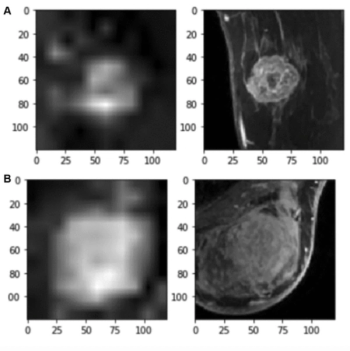
For the prediction of axillary lymph node metastasis in patients with breast cancer, an MRI-based, 4D convolutional neural network model demonstrated an AUC of 87 percent and sensitivity of 89 percent, according to new research.

Catch up on the top radiology content of the past week.

Discussing findings from a new study presented at the Society for Breast Imaging (SBI) conference, Shahrzad Tavana, M.D., detailed the significant impact of training sessions for MRI technologists in improving breast positioning, optimal field of view and accuracy of sequence submissions to PACS for breast MRI exams.
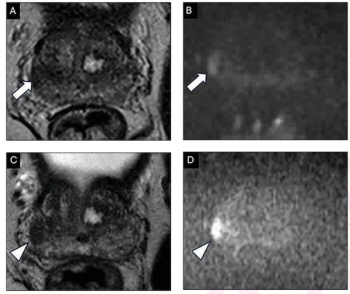
In a recent review, researchers examined the pros and cons of specialized scoring systems for prostate MRI, including the PI-QUAL score, PRECISE recommendations, PI-RR scoring and PI-FAB assessments.

Catch up on the top radiology content of the past week.

An MRI-based machine learning model demonstrated a comparable background parenchymal enhancement (BPE) hazard ratio to that of manual BPE assessment for breast cancer, according to a study of over 4,500 women with dense breasts.

Up to 48 percent of unnecessary prostate biopsies could be eliminated by limiting biopsy to patients with PI-RADS 4 and higher MRI assessments and a prostate-specific antigen density level below 0.15 ng/mL2, according to a new meta-analysis.
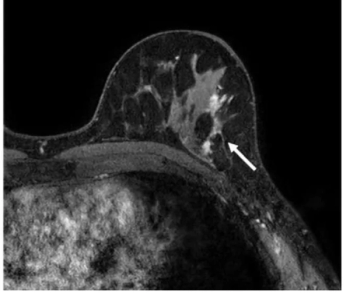
In a new literature review, researchers noted key findings on the use of breast MRI in facilitating breast cancer detection for women with dense breasts and others at high-risk for breast cancer.

Catch up on the top radiology content of the past week.
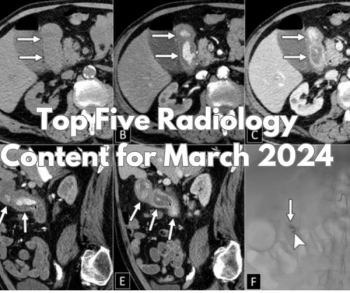
Catch up on the most-well viewed radiology content in March 2024.
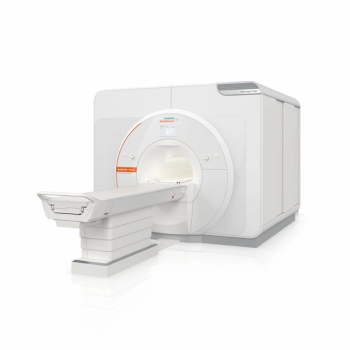
Offering improved image clarity capable of capturing details of subtle pathology, the Magnetom Terra.X 7T MRI system reportedly features the first eight-channel parallel transmit architecture for clinical use.
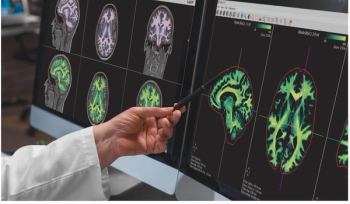
SyMRI 3D reportedly combines precise estimates of regional brain volume with improved resolution bolstering accuracy with lesion analysis.

The multimodality system nCommand Lite reportedly facilitates real-time remote imaging guidance on scanning parameters and procedure assessments to licensed technologists for a variety of imaging modalities including CT and MRI.

Catch up on the top AI-related news and research in radiology over the past month.

Catch up on the top radiology content of the past week.
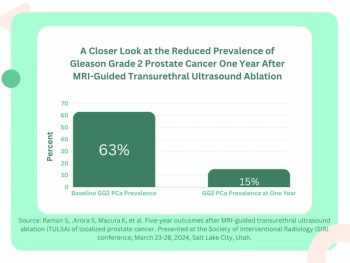
For men with prostate cancer, the use of MRI-guided transurethral ultrasound ablation (TULSA) led to a 92 percent decrease in median prostate volume at one year, according to new research recently presented at Society of Interventional Radiology (SIR) conference.
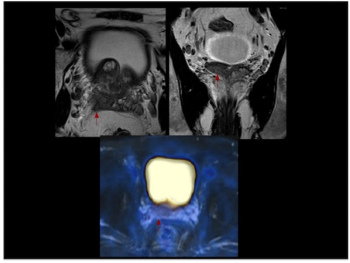
Ga-PSMA PET MRI offers nearly 22 percent higher sensitivity for localized prostate cancer and comparable specificity to multiparametric MRI, according to a recently published prospective study.

Catch up on the top radiology content of the past week.
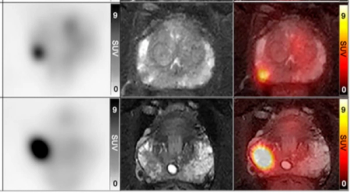
For men with PI-RADS 3 lesions, PRIMARY scores of 4-5 with PET/MRI had a sensitivity rate of 87.5 percent for clinically significant prostate cancer, according to newly published research.